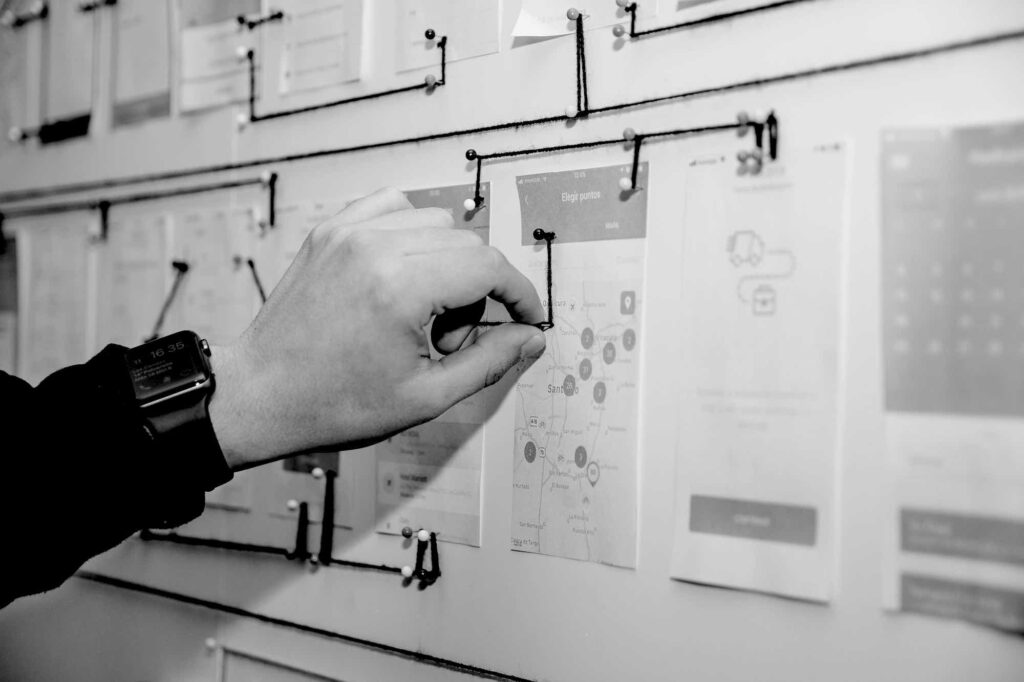The Power of Hansei
In today’s business world, the Lean concept has taken the western world by storm. Originating in Japan, the Lean concept focuses on reducing waste and maximizing efficiency in order to create a more sustainable and profitable business. At the heart of Lean is the principle of Hansei, which can be translated to mean “self-reflection” or “learning from mistakes.” This blog post will explore why Hansei is so crucial for business leaders and lean teams.
How Do Hansei and Continuous Improvement Link Together?
The first reason why Hansei is so essential is that it allows for continued improvement. By taking the time to reflect on past mistakes, we can learn from them and do better next time. This continual process of reflection and improvement separates successful businesses from unsuccessful ones. It’s not enough to simply avoid making mistakes—you must constantly strive to improve. And that’s precisely what Hansei encourages.
“Without reflection, we go blindly on our way, creating more unintended consequences, and failing to achieve anything useful.”
Margaret Wheatley Tweet
Definition of Hansei
Hansei, a Japanese term, translates to “self-reflection” or “introspection” and is an essential concept in Lean methodology.
What is the purpose of Hansei
Hansei encourages individuals and teams to critically evaluate their actions, decisions, and processes to identify areas for improvement and prevent similar mistakes in the future. It supports real kanban.
Continuous Improvement
By fostering a culture of Hansei, organisations can promote continuous improvement, which is a cornerstone of Lean thinking.
Honesty and Humility
Practicing Hansei requires honesty and humility, as it involves acknowledging mistakes, accepting responsibility, and committing to learning from them.
Team Meetings
Incorporating Hansei into team meetings can help create an open environment where individuals feel comfortable sharing their experiences, challenges, and ideas for improvement.
Problem-Solving
Hansei can be applied in the problem-solving process by analysing the root causes of issues, reflecting on the effectiveness of implemented solutions, and adjusting strategies accordingly.
Leadership
Embracing Hansei as a leader demonstrates commitment to personal growth, sets an example for team members, and fosters a collaborative and transparent organisational culture.
Long-term Success
Integrating Hansei into daily operations and organisational culture can lead to increased efficiency, better decision-making, and long-term success for businesses implementing Lean principles.
Overview of Hansei
Another reason Hansei is so essential is that it builds trust within a team. When team members are encouraged to reflect on their mistakes openly, it fosters an environment of trust and openness. This is essential for any team that wants to be successful; without trust, team members will be reluctant to take risks or share new ideas.
However, when trust is present, team members feel more comfortable being open and honest with one another, which leads to better communication and collaboration.
Finally, reflecting on past mistakes can help prevent them from happening again in the future. This is especially important for businesses that are constantly striving for continuous improvement. By taking the time to learn from your mistakes, you can avoid making them again in the future and instead focus on making positive changes that will lead to long-term success.
Conclusion:
As you can see, the Japanese concept of Hansei is essential for business leaders and lean teams.
By taking the time to reflect on past mistakes, leaders can learn from them and make changes that will lead to continued improvement.
Likewise, Hansei also builds trust within a team and helps prevent future mistakes from happening. If you want your business or team to be successful, start incorporating Hansei into your daily routine!
To learn more about how Leanscape can help you, book a call to discuss our training and consultancy services in more detail.






